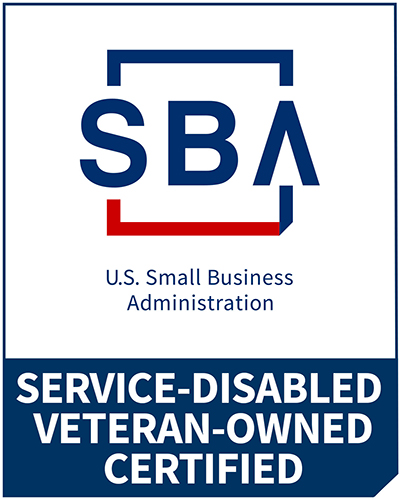With a change in attitude, we can kick bad habits, including one of the most insidious habits of all: the modern stress habit. The modern habit of stress harms us in many ways. It undermines the capacity of leaders to be alert, flexible, and responsive. To kick any habit, we must cultivate conscious behavioral shifts. Our new thinking leads us to new ways of behaving.
The first step for many of us to become more productive leaders seems counterintuitive, and it’s a hard step to take. The more our stress habit is embedded in the way we choose to live, the harder it is to kick it. The first step is to allow more time to release our tension and fully relax.
Releasing tension and relaxing on a regular basis allows our bodies to flush away the impacts of the fight or flight response. This helps our minds to move into a more flexible, curious and open mode. Without a relaxation routine, we allow chronic stress in our lives and work patterns, and we lose the capacity for reflection, awareness, and conscious evolution.
In spite of what we know about its negative effects, chronic stress has become an unconscious national habit and a habit for many leaders. We do not take enough vacations. We reward each other for burning the candle at both ends. And many of us enjoy the exhilarating rush of endorphins that accompanies the stress response. Our habituation to stress is so complete, so taken for granted, that we don’t even question it. We accept it uncritically.
As leaders, when we tolerate the habit in ourselves, the impact is far-reaching. We are modeling stress habits to those around us, withholding permission for people to reduce stress in their lives, and essentially rewarding anyone who builds stress and relays it among colleagues.
We can kick the stress habit by reestablishing the traditional stress cycle in our lives. That can be as simple as remembering to relax and take care of ourselves, which requires increasing our awareness. The more consciously we choose to live, the more outdated bad habits become. As better habits take their place, we become more personally masterful, which helps us to be better leaders.



